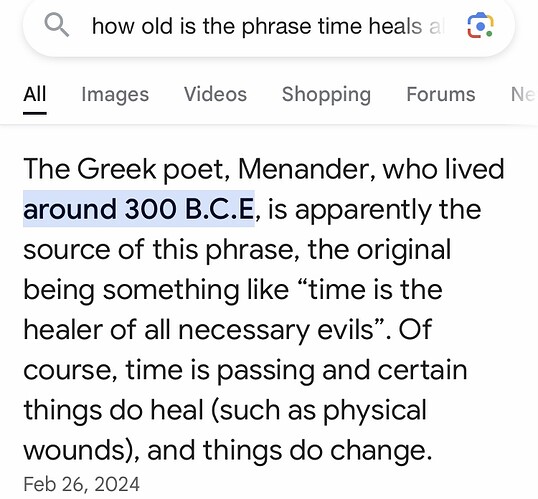I got that wrong, I am sorry, Childress, it is or it was Ronald Regan’s implication, that in account of his insistence on his economic policy of the use of the Capital’ , social benefits would be greater than under the socialist/communist system.
My own intention is not equivocally this system or that, but is crosswired, alongside those, who have admittedly become so polarized now, more so than at any other time, with resounding opinions they exclaim of the suspiciousness inherent in the media’ take on what is fake or real in journalism.
I didn’t pull this out of the hat, Reagan was said to remind Gorbachev that the answer is in the pudding, that Communism fell and the economic Capital still stands. He reminded Gorbachev that his mansion is as luxurious as any which can be found in any Western nation, and it may be a sign of premature thinking to assert the superiority of one system over another in the short time they were competitively tested.
The warlike athmosphere abounding during that critical time, when battles were lost, and the East/West problem had not subsided, particularly sensed by it’s historically sustained sensitivity, starting with Peter the Great’s efforts to incorporate the western part of Russia into the European fold, up to even now, when the idea of the serfdom of workers have not been satisfactorily clarified,where ‘colonialism’ remained a de-facto universal label for the utilization of production in both systems, …
The internallly bounded conflicts of singular politicians, who tried to synthesize internal , national social processes, like Kennedy, and King, … well, thhose became also experiments, that actually failed to erase the now mytthical import of their messages, so the reactive result of the formation of a. New Left failed in tandem, and so here we are like men sitting inside of a bubble with a seeming no exit sign barely visible .
This sickness , if one may call it that, has. Been misdiagnosed, it really is a state like one of human labor, where the offspring straining to come out, to evolve into a new world not understood, fearful of what’s out there,fearful of the coming of further disconnect, and that of further devolution , trying to attempt to give it a try, in this brave new world order’s demanding recollection of it’s attributes.

